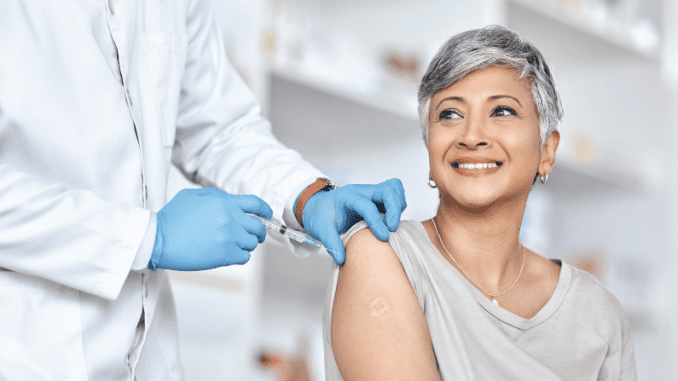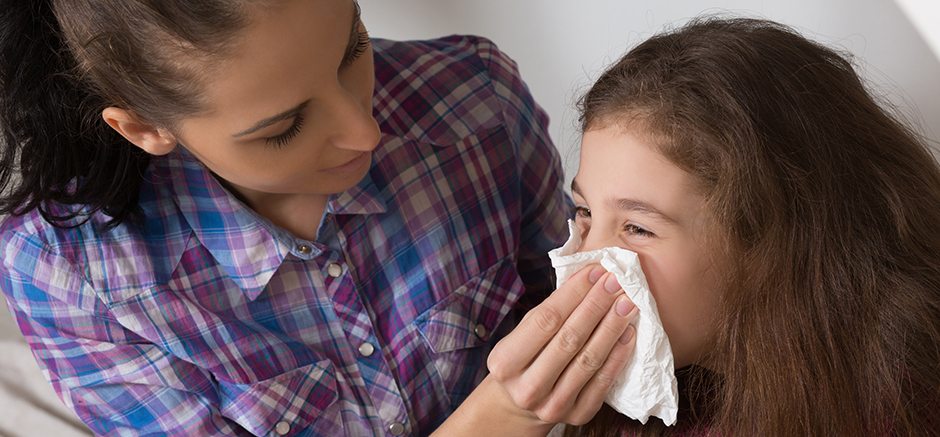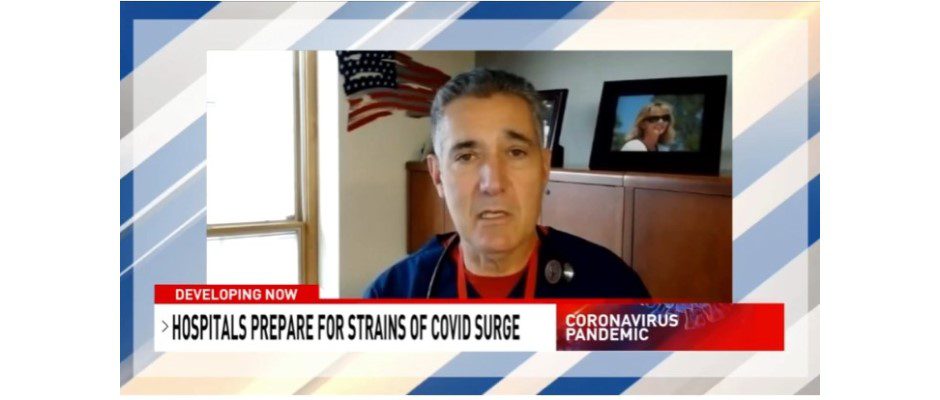
[Written by Lynn Fiorillo, Vaccine Coordinator for St. Peter’s Health Partners.]
‘Tis the season for crisp weather, fall leaves, apple picking … and respiratory viruses.
Each year, these viruses that affect the lungs are responsible for millions of illnesses and thousands of hospitalizations and deaths in the U.S. They can be dangerous for anyone, but especially for older populations for whom taking necessary precautions to avoid getting sick is critical.
The best way to protect against respiratory infections is to get certain vaccinations, but a study by Beth Israel Deaconess Medical Center showed outpatient wellness visits have yet to return to pre-pandemic levels. It is at these appointments that many patients discuss and receive recommended vaccinations, so it is important to get more people back into the routine of regular check-ups.
The time to be vaccinated is NOW to build up the required immunity before the respiratory illness season kicks into high gear in November. Some guidelines from the Centers for Disease Control & Prevention (CDC):
- Influenza (Flu) – recommended annually for everyone ages six months or older.
- COVID-19 – recommended annually for everyone ages six months or older.
- Pneumococcal (Pneumonia) – Pneumonia often starts as a progression of the flu or COVID, which is why those vaccines are important. The pneumonia vaccine is recommended for children younger than four, adults 65 and older, or adults 19-64 with certain health conditions. There are different types of pneumonia vaccines with different vaccination schedules; ask your provider what is best for you.
- Respiratory Syncytial Virus (RSV) – recommended for people ages 75 and older and people ages 60 and over at high risk of severe RSV. Currently, older adults only need to get the RSV vaccine one time.
Hygiene is key to fighting these infections, as well. Wash your hands frequently and cover your coughs and sneezes.
It is also important to stay home when you are sick; avoid visiting people you know are recovering from a respiratory illness; avoid large gatherings when transmission rates are high; and consider wearing a mask.
Points to remember:
- Vaccines are safer and more effective today than ever before.
- Vaccines don’t weaken the immune system; they actually boost the immune system.
- The flu IS NOT CAUSED by the vaccine.
- It takes about two weeks for full protection to develop.
There is a small group of people who should not receive some vaccines because of severe allergies or certain pre-existing conditions. Ask your doctor if there is any reason that you should NOT receive these vaccines.
Getting vaccinations is easy. Many local pharmacies provide these vaccines or you can schedule an appointment with your provider.
St. Peter’s Health Partners Medical Associates is one of the Capital Region’s largest multi-specialty physician groups with more than 950 physicians and advanced practitioners in more than 130 locations. We work with our patients and their loved ones to provide high-quality, compassionate care and advanced treatment options in a supportive, healing environment.
To learn more or find a physician, visit us at https://www.sphp.com/medical-associates.





